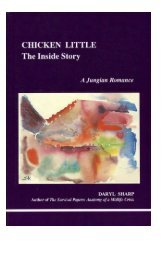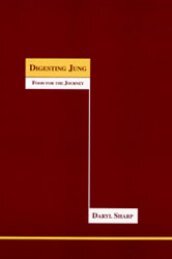Personality types: Jung's model of typology - Inner City Books
Personality types: Jung's model of typology - Inner City Books
Personality types: Jung's model of typology - Inner City Books
- No tags were found...
Create successful ePaper yourself
Turn your PDF publications into a flip-book with our unique Google optimized e-Paper software.
Extraversion and the Four Functions 51The danger for this type lies in being overwhelmed by theobject—traditional and generally accepted standards—and solosing any semblance <strong>of</strong> subjective feeling, that is, what isgoing on in oneself.Extraverted feeling that is devoid <strong>of</strong> personal parametersloses all its charm, and, as with extreme extraversion in general,is unconscious <strong>of</strong> ulterior, self-centered motives. It meetsthe demands or expectations that are presented by outer situationsand stops there. It satisfies the required aesthetics <strong>of</strong> themoment, but it is sterile. The normally heart-felt expressions<strong>of</strong> feeling become mechanical, the empathetic gestures seemtheatrical or calculating.If this process goes any further, a curiously contradictory dissociation<strong>of</strong> feeling results: everything becomes an object <strong>of</strong>feeling valuations, and innumerable relationships are enteredinto which are all at variance with each other. As this situationwould become quite impossible if the subject received anythinglike due emphasis, even the last vestiges <strong>of</strong> a real personalstandpoint are suppressed. The subject becomes so enmeshedin the network <strong>of</strong> individual feeling processes that tothe observer it seems as though there were merely a feelingprocess and no longer a subject <strong>of</strong> feeling. Feeling in this statehas lost all human warmth; it gives the impression <strong>of</strong> beingput on, fickle, unreliable, and in the worst cases hysterical. 57For this type it is <strong>of</strong> the utmost importance to establish agood feeling rapport with the environment. But when this becomestoo important, the subject—the person who feels—isengulfed. Then feeling loses its personal quality and becomesfeeling for its own sake. The personality itself is dissolved ina succession <strong>of</strong> momentary feeling states, <strong>of</strong>ten in conflictwith each other To the observer, this appears as differentmoods and statements that are blatantly contradictory.57 Ibid., par. 596.










